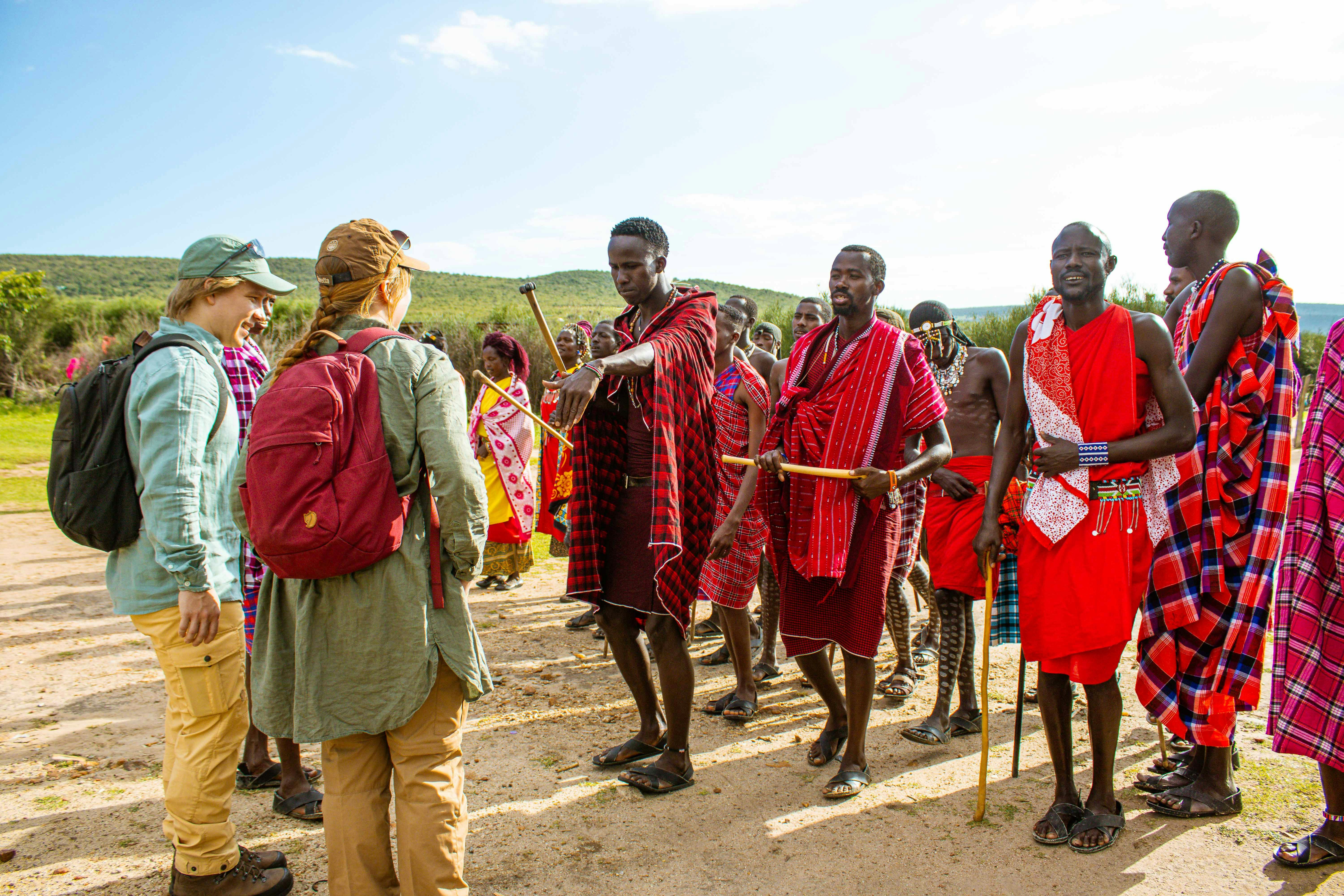
Fostering Inclusive Luxury Tourism
Conscious travel, local upliftment, sustainability, community-led tourism; the buzzwords of today’s industry promise a vision of travel as a force for good. In Africa, where tourism sits at the crossroads of conservation, culture, and community livelihoods, this jargon is more than marketing. It’s a necessity. For many operators, particularly in the luxury space, ethical tourism has become non-negotiable as evidenced by the incredible strides taken by heavyweights in hospitality and grassroots operators alike. Yet, while progress is undeniable, questions remain: who truly benefits, and how inclusive is luxury travel when it comes to empowering local communities?
The Promise of Conscious Luxury Travel
Luxury tourism in Africa has evolved far beyond indulgence. High-end travellers are drawn to experiences that celebrate authenticity and impact – whether it’s staying in a lodge that funds anti-poaching units, dining on locally sourced cuisine, or meeting artisans whose crafts preserve cultural traditions. For communities, these initiatives create opportunities for income and recognition. For guests, they offer richer, more meaningful encounters with this land.
But for all its successes, the promise of conscious travel still has challenges to overcome. While some operators deliver measurable benefits to local people, many others remain surface-level, where good intentions are outweighed by gaps in ownership, greenwashing and genuine empowerment.
Exclusivity vs Inclusivity
Luxury thrives on exclusivity, yet inclusivity is at the heart of community empowerment. This creates a paradox: how can an industry built on privacy and privilege remain accessible to those it aims to uplift?
Models are emerging that do strike a balance. Private concessions run in partnership with local communities, for example, allow luxury guests to enjoy exclusivity while revenues directly fund local schools, clinics, and livelihoods. Done right, exclusivity doesn’t exclude, it empowers.
Organisations like the Good Work Foundation, partner with tourism operators – the likes of Singita, Londolozi and Sabi Sabi – and work to empower future conservationists, leaders and innovators. For school-leavers, they offer courses that “bridge the gap” between high school and the next big step in their lives, as well as vocation-driven training. Graduates are placed at partner tourism and contact centre establishments bringing the education journey full circle to meaningful employment!
Recently, Good Work Foundation’s Conservation Academy joined a groundbreaking SANParks research project to investigate what happens to the land when an elephant dies – the effect these gentle giants have on their environment long after they are gone.
Botswana’s tourism industry stands out as an example of strategic foresight – Botswana’s government recognised the unemployment issue they faced and looked to high-end tourism as the key to job creation. Seeing the overcrowding issues Kenya faced, Botswana moved to curb the unsustainable influx of self-driving tourists, they created a model that would introduce fewer tourists, higher spending and reducing environmental impact, and importantly job creation. This model demanded a complete mind shift to tourism that required significant private-sector investment but promised substantial conservation and economic returns.
Cultural Representation: Who Tells the Story?

African cultures are one of the continent’s greatest assets in tourism.
When shared with respect, they allow travellers to engage with traditions, languages, and stories that deepen the travel experience. Community-led cultural encounters can restore pride, create revenue streams, and safeguard heritage for future generations.
But representation is a delicate balance. Culture risks becoming commodified or diluted when presented solely to meet tourist expectations. The challenge is ensuring that communities have agency in how their heritage is shared. Authenticity thrives when locals are the storytellers, not supporting characters.
Accountability and the Way Forward
The African luxury travel industry has made meaningful strides: transparent impact reports, certifications, and bold sustainability pledges are becoming more common. But rhetoric must always be measured against reality. “Greenwashing” and “community-washing” remain risks when storytelling outpaces credible outcomes that deliver on promises of upliftment.
The way forward lies in deeper partnerships: joint ventures that put equity in community hands, measurable benefit-sharing frameworks, and impact metrics that hold operators accountable. Above all, it means shifting the mindset from seeing locals as employees to recognising them as co-creators of Africa’s luxury travel future and empowering this change from the ground up…
Luxury tourism in Africa has the power to do more than deliver unforgettable experiences; it can redefine what travel means for communities, cultures, and conservation. Progress has been made, but true inclusivity requires courage, transparency, and the willingness to share in decision making processes.
The challenge is clear: luxury travel must not only include local communities, but empower them as equal partners in shaping Africa’s story. That is the future of luxury, one where impact and experiences walk hand in hand.





